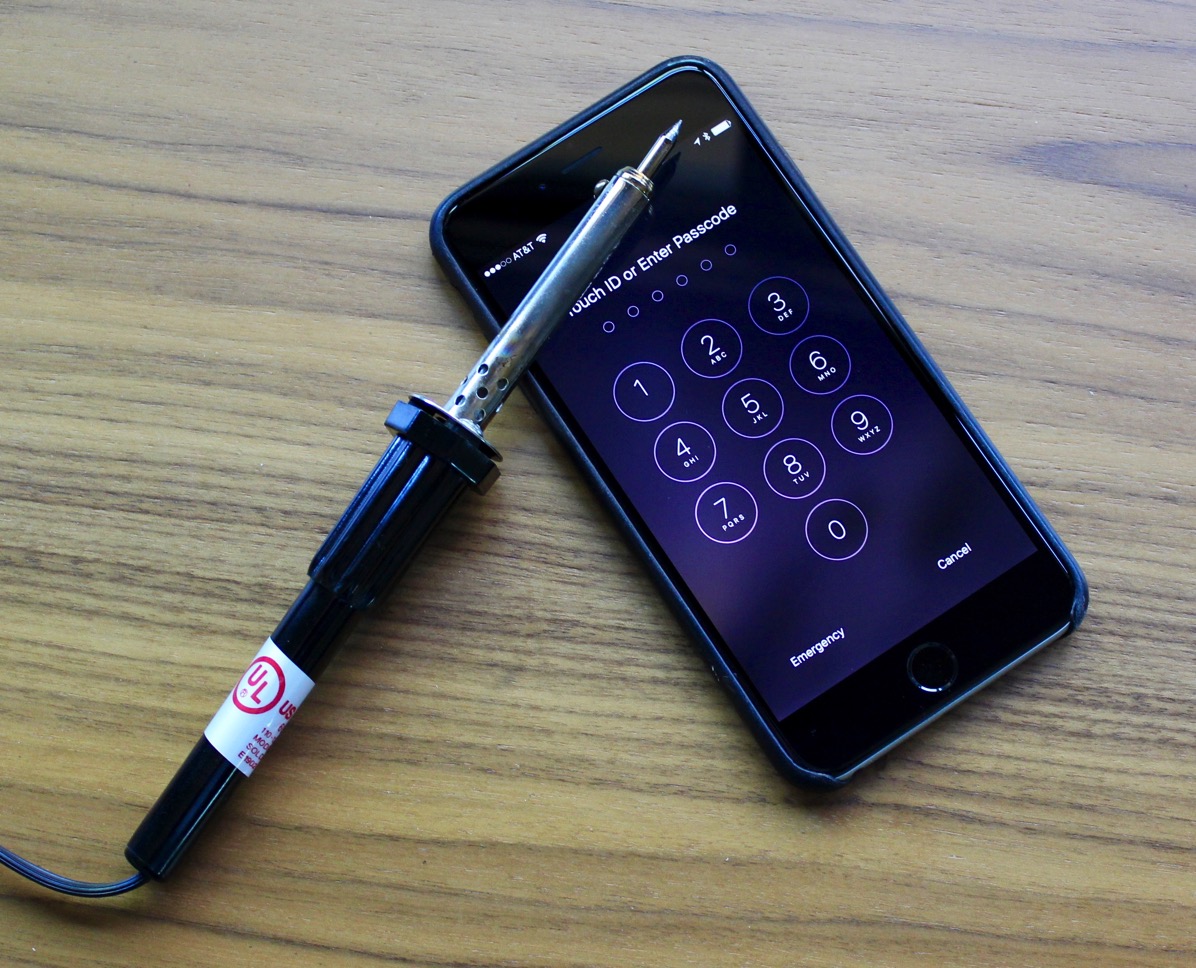Why the FBI Apple hack is a good thing for security
 There is a lot of hand wringing about the announcement that the FBI, with outside help, has been able to break into Syed Farook’s iPhone. This is not at all the same situation we would have if Apple had agreed to create the FBI requested version of the operating system. The important difference is scalability.
With this announcement we now know that law enforcement can break into any iPhone (of that generation or earlier at least) given sufficient effort. That effort is the key. It appears that the phone hack requires disassembling the phone and desoldering at least one chip at a minimum. It might actually be more complicated and cumbersome.
This is absolutely not something that any government is going to do thousands of times, it can not be done quickly and would probably leave evidence of the activity. This is fine for investigations of high value cases, but is absolutely useless for mass surveillance.
Contrast that with what could happen if Apple had created the security bypass operating system. Once created it would certainly be compelled in many different cases. Governments around the world would all demand access to the tool. That tool would allow rapid software only compromise of the phones without physical modification. This kind of attack scales to large numbers much more easily. Fortunately it would still require physical access to the phone, but that could obtained in many ways both overt and covert. I suspect that the compromised OS could be delivered through a modified phone charger for example.
Doubtless many companies will be working to make their devices secure against this kind of physical attack as well as making the kind of FBI requested modification actually impossible. In the meantime, the effort required to compromise each phone ensures that only a very few phones belonging to very narrowly targeted individuals will be unlocked. I can live with that.
There is a lot of hand wringing about the announcement that the FBI, with outside help, has been able to break into Syed Farook’s iPhone. This is not at all the same situation we would have if Apple had agreed to create the FBI requested version of the operating system. The important difference is scalability.
With this announcement we now know that law enforcement can break into any iPhone (of that generation or earlier at least) given sufficient effort. That effort is the key. It appears that the phone hack requires disassembling the phone and desoldering at least one chip at a minimum. It might actually be more complicated and cumbersome.
This is absolutely not something that any government is going to do thousands of times, it can not be done quickly and would probably leave evidence of the activity. This is fine for investigations of high value cases, but is absolutely useless for mass surveillance.
Contrast that with what could happen if Apple had created the security bypass operating system. Once created it would certainly be compelled in many different cases. Governments around the world would all demand access to the tool. That tool would allow rapid software only compromise of the phones without physical modification. This kind of attack scales to large numbers much more easily. Fortunately it would still require physical access to the phone, but that could obtained in many ways both overt and covert. I suspect that the compromised OS could be delivered through a modified phone charger for example.
Doubtless many companies will be working to make their devices secure against this kind of physical attack as well as making the kind of FBI requested modification actually impossible. In the meantime, the effort required to compromise each phone ensures that only a very few phones belonging to very narrowly targeted individuals will be unlocked. I can live with that.